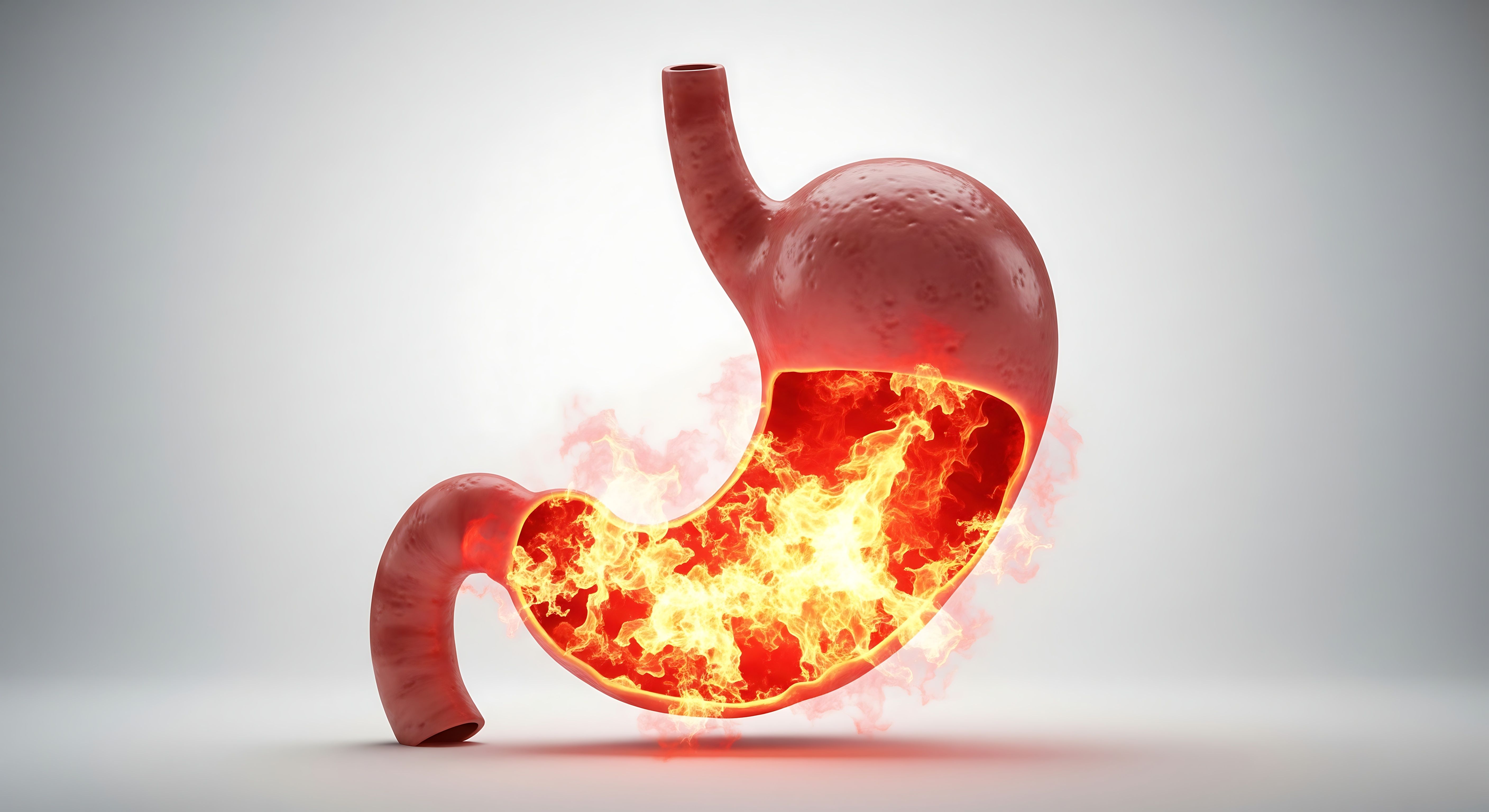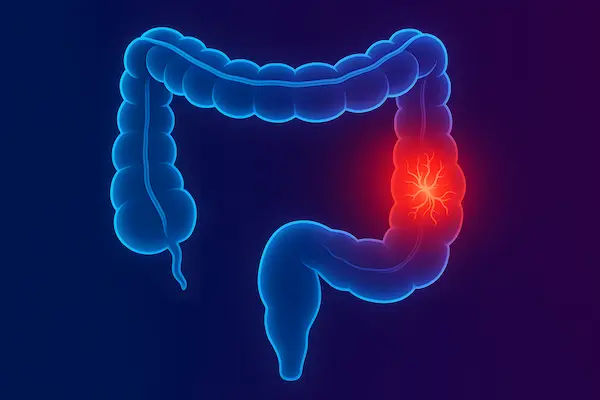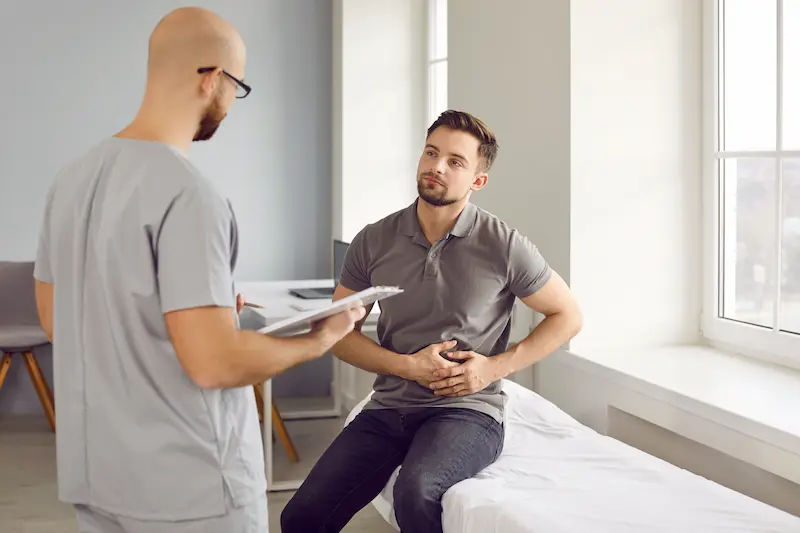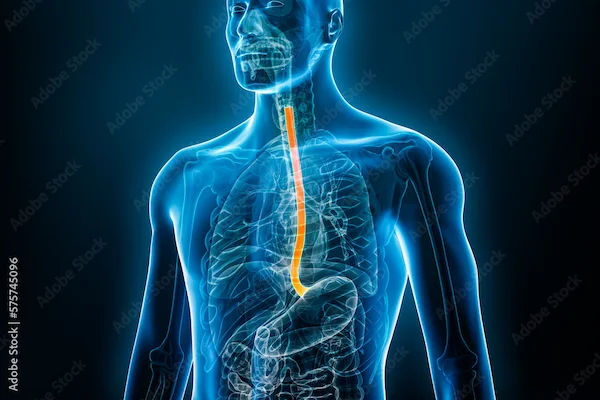- Female
- 72 Years
- 29/01/2025
I'm really worried because I've been having black vomiting and stomach pain. Could these symptoms mean I might have stomach cancer, and does it affect my ability to digest food? What should I do?
Answered by 1 Apollo Doctors
Methotrexate) as it can affect liver function. With a history of gallbladder surgery and HCV detection, your liver health is a concern. Although RNA quantification is negative, your doctor will assess the risks and benefits. Methotrexate can cause liver toxicity, so monitoring is crucial. Your doctor may recommend alternative treatments or adjust the dosage. Regular liver function tests will be necessary.
Dr. Mubarak Suggests...
Consult a Gastroenterology/gi Medicine Specialist
Answered 04/07/2025
0
0

More Gastroenterology/GI medicine Health Queries
View allWhat's going on with my liver function test results? I just got them back and my bilirubin levels are elevatedtotal is at 1.71, direct is 0.32, and indirect is 1.39. I've also been having this nagging pain on the right side of my lower abdomen, especially after eating a heavy meal. It's been like this for about a month. Should I be worried? Do I need any meds or more tests?
Finding a blood-red worm in your stool can be alarming. *Possible Causes* 1. *Hookworms*: These parasites can cause intestinal bleeding, leading to anemia. 2. *Whipworms*: Another type of parasite that can cause rectal bleeding. 3. *Threadworms*: Also known as pinworms, these parasites can cause anal itching and, in rare cases, intestinal bleeding. *Next Steps* 1. *Consult a doctor*: Schedule an appointment with your primary care physician or a gastroenterologist. 2. *Stool test*: Your doctor will likely order a stool test to confirm the presence of parasites and identify the type. 3. *Treatment*: Depending on the type of parasite, your doctor may prescribe antiparasitic medication. 4. *Iron supplementation*: Continue taking your iron syrup to manage your anemia. *Precautions* 1. *Practice good hygiene*: Wash your hands regularly, especially after using the bathroom. 2. *Cleanliness*: Keep your living environment clean, including your bathroom and kitchen. 3. *Avoid contaminated food and water*: Be cautious when consuming food and water, especially in areas with poor sanitation. Stay calm and seek medical attention to determine the best course of action.
Answered by 1 Apollo Doctors
I've been taking Cirrosam 400 mg and Ursocol 300 mg once a day for the past three days, and my SGPT and SGOT levels are close to 150. I'm wondering if it's okay to drink alcohol while on these meds or if that could be harmful?
-It's not safe to consume alcohol while taking Cirrosam and Ursocol, as both medications are used to support liver function, and alcohol can further strain the liver. It's best to avoid alcohol during this treatment to prevent potential liver damage. Alwa
Answered by 1 Apollo Doctors
Hey, so I've started noticing this strange thing where I can actually see my stomach pulsing, mostly when I'm lying down and my belly is flat, but not so much when I'm sitting. It's happening around my belly button area. I'm not really thin, with a height of 5'8" and a weight of 67kg. I also have PCOD, so there's some extra fat around my stomach because of that. Is this pulsing something I should be worried about, or could it be serious?
The visible pulse in your stomach, noticeable when lying down, could be due to various factors, including aortic pulsation, abdominal aortic aneurysm, or increased abdominal pressure, but given your PCOD and stomach fat, it's more likely related to aortic pulsation, which is generally not a cause for concern;
Answered by 1 Apollo Doctors
Disclaimer: Answers on Apollo 247 are not intended to replace your doctor advice. Always seek help of a professional doctor in case of an medical emergency or ailment.





